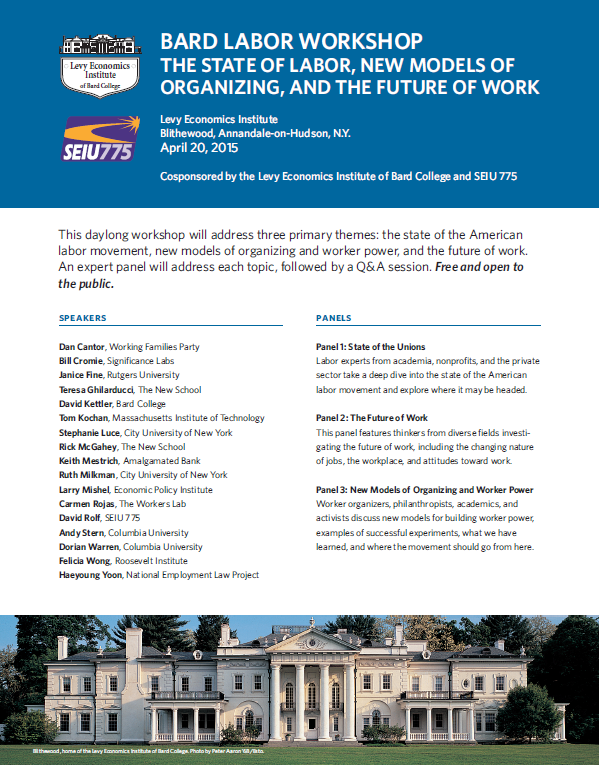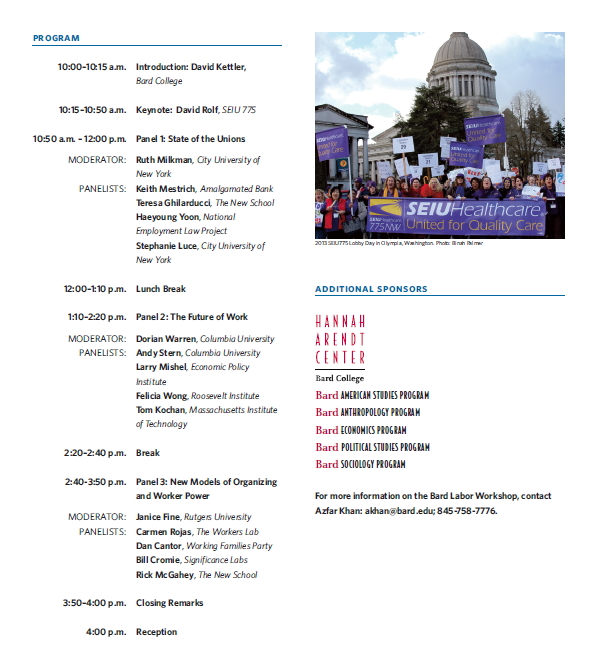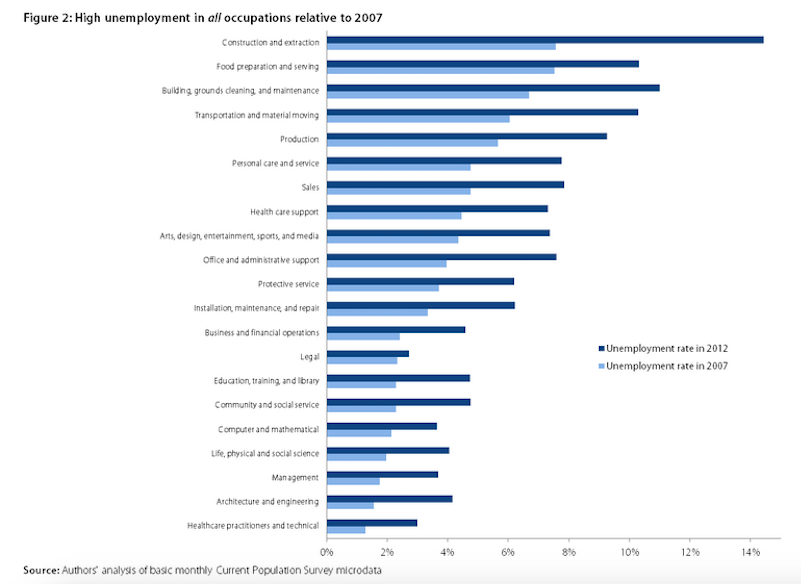Co-organized by the Levy Economics Institute of Bard College and Economia Civile with support from the Ford Foundation
Megaron Athens International Conference Centre
Athens, Greece
November 21–22, 2014
On November 21 and 22, the Levy Economics Institute of Bard College will hold its second annual conference at the Megaron Athens International Conference Centre in Athens, Greece. Co-organized by the Levy Institute and Economia Civile, the conference will focus on the continuing debate surrounding the eurozone’s systemic instability; proposals for banking union; regulation and supervision of financial institutions; monetary, fiscal, and trade policy in Europe, and the spillover effects for the US and the global economy; the impact of austerity policies on US and European markets; and the sustainability of government deficits and debt.
To register, click here.
Participants
George Argitis, Professor of Economics, University of Athens; Scientific Director, Institute of Labour, GSEE
Emilios Avgouleas, Chair, International Banking Law and Finance, University of Edinburgh
Elga Bartsch, European Chief Economist, Morgan Stanley
Marek Belka, Governor, National Bank of Poland
Peter Bofinger, Member of the German Council of Economic Experts; Professor of Monetary Policy and International Economics, University of Würzburg; Research Fellow, Centre for Economic Policy Research
Carlos da Silva Costa, Governor, Bank of Portugal
Stanley Fischer, Vice Chair, US Federal Reserve System*
Richard W. Fisher, President and CEO, Federal Reserve Bank of Dallas*
Heiner Flassbeck, formerly Director, Division on Globalization and Development Strategies, UNCTAD, and Deputy Finance Minister, Germany
Eckhard Hein, Research Associate, Levy Institute; Professor of Economics, Berlin School of Economics and Law; Adjunct Professor of Economics, Carl von Ossietzky University Oldenburg
Stuart Holland, Professor, University of Coimbra
Patrick Honohan, Governor, Central Bank of Ireland
Lex Hoogduin, Professor of Economics and Business, University of Groningen
Joanna Kakissis, Correspondent, NPR and PRI, Athens
Stephen Kinsella, Lecturer in Economics, Kemmy Business School, University of Limerick
Jan Kregel, Senior Scholar, Levy Institute; Professor of Finance and Development, Tallinn University of Technology
Roberto Lavagna, formerly Minister of Economy and Production, Argentina*
Panagiotis Liargovas, Director of the Budget Office, Greek Parliament; Jean Monnet Chair in European Integration and Policies, University of Peloponnese
Lubomír Lízal, Member of the Board, Czech National Bank
Gyorgy Matolcsy, Governor, National Bank of Hungary*
Michalis Nikiforos, Research Scholar, Levy Institute
Dimitri B. Papadimitriou, President, Levy Institute
Sarah Bloom Raskin, Deputy Secretary, US Department of the Treasury*
Engelbert Stockhammer, Professor of Economics, Kingston University
Mihai Tănăsescu, Vice President, European Investment Bank
Andrea Terzi, Professor of Economics and Coordinator of the Mecpoc Project, Franklin University Switzerland
Mario Tonveronachi, Professor of Financial Systems, University of Siena
Raymond Torres, Director, Research Department, International Labour Organization
*Invited







 ShareThis
ShareThis